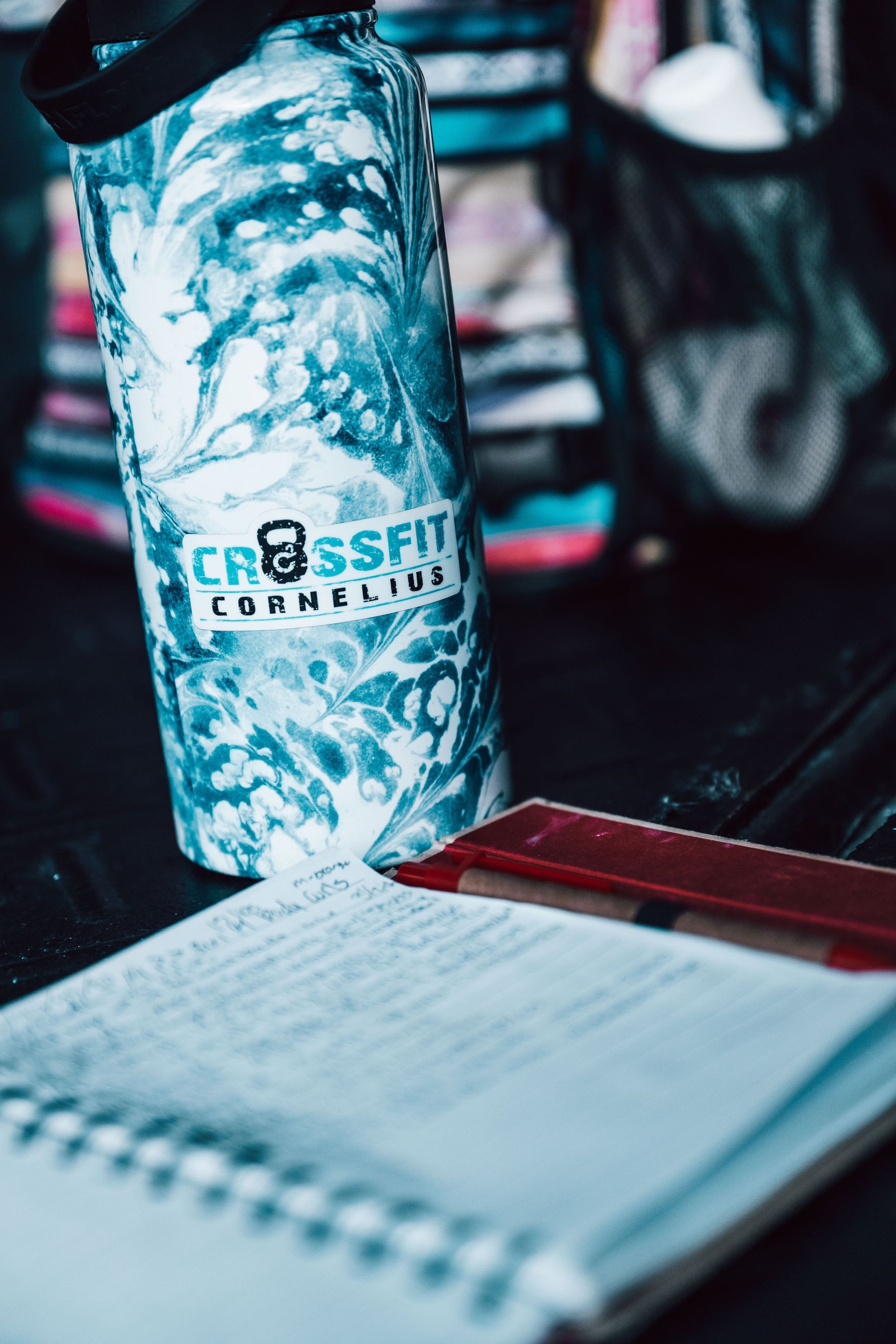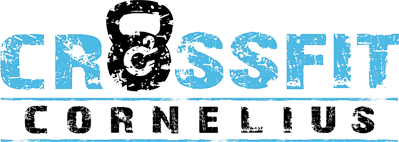Cortisol, Leptin & Lifting
What Midlife Women Must Know to Train Smarter, Not Harder
What Is Cortisol — and Why Does It Matter Now More Than Ever?
Cortisol is your body’s primary stress hormone. It’s essential for survival, but when it stays elevated chronically (due to lack of sleep, under-eating, over-training, or life stress), it can cause:
- Muscle breakdown
- Fat retention (especially around the belly)
- Blood sugar dysregulation
- Suppressed thyroid function
The science:
Women in perimenopause experience a drop in progesterone, which normally acts as a buffer against cortisol. This makes midlife women more sensitive to stress and more prone to cortisol dysregulation.
Reference: Gordon JL et al. Horm Behav. 2015; 76:70–77
What About Leptin?
Leptin is your “satiety hormone” — it tells your brain when you’re full and regulates long-term energy balance. Leptin resistance means your brain doesn’t get the “I’m full” message, leading to overeating, sugar cravings, and stubborn fat storage.
In perimenopausal women, leptin signaling can become blunted due to stress, poor sleep, and low muscle mass — creating a cycle that’s hard to escape without strength training and adequate recovery.
Reference: Riant E et al. Front Endocrinol. 2009; 2(1):5.
So What Can You Do?
Lift Weights (Smartly)
- Focus on progressive strength training 2–3x/week
- Avoid excessive cardio or daily HIIT — it may spike cortisol
- Train with intentional rest between sets and sessions
Recover Like It’s Your Job
- Walk daily at a Zone 2 pace (helps balance cortisol)
- Get 7–8 hours of consistent sleep
- Prioritize post-workout protein + carbs to lower cortisol
Support Leptin & Muscle with Food
- Eat enough calories (especially protein and healthy fats)
- Avoid long fasts or skipping meals (spikes cortisol, drops leptin)
- Focus on real food, timed evenly through the day
Real Talk from the Floor at Strength Lab
At CrossFit Cornelius, we’ve designed Strength Lab to support this exact phase of life. We train smarter — not harder — using:
- Low-impact strength protocols to reduce cortisol spikes
- At-home walking plans to support leptin and fat mobilization
- Nutrition coaching to restore hormonal balance and muscle mass
We see it every week: women who were stuck finally see results — better sleep, lower belly fat, more energy — once they stop overtraining and start strength training for their hormones.
Key Takeaways (Backed by Science)
- Chronically elevated cortisol breaks down muscle and stores fat
- Leptin resistance in midlife contributes to hunger and fat retention
- Strength training and proper recovery improve both hormones
- Perimenopausal women benefit from low-cortisol strength programming, not more cardio
Join the Founders here at Strength Lab — a program designed by science and built for women.
Classes start Monday, December 1st.
Class Times
Monday & Wednesday at 8:30a and 6:00p
Friday at 8:30a and 5:00p
Click below to reserve your Founders spot:




